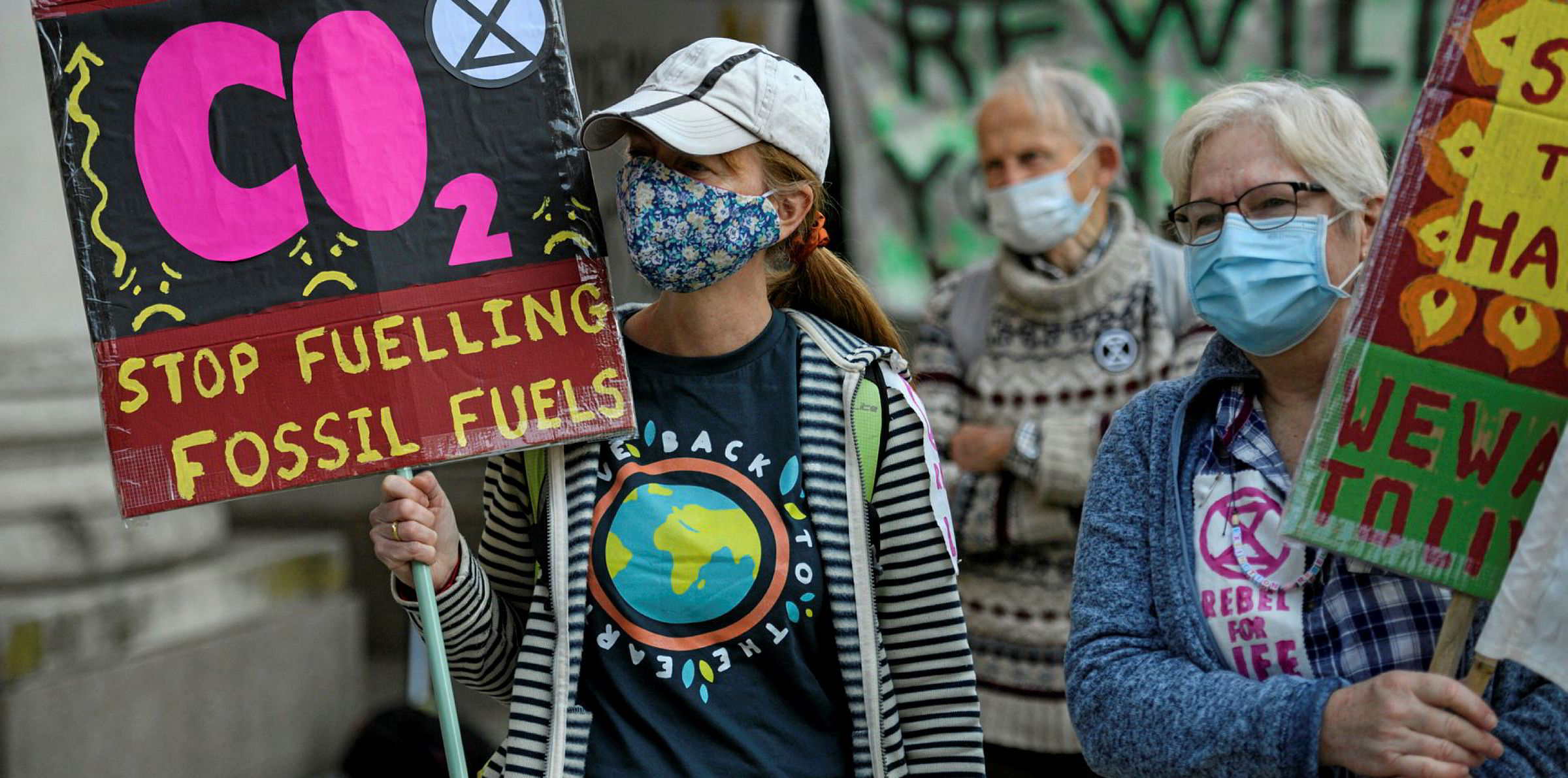Climate Action 100+ – the investor pressure group launched in 2017 to lobby the world’s largest corporate greenhouse gas (GHG) emitters to commit to post-fossil fuel business strategies – has written to 160 CEOs and board chairs at companies ranging from oil supermajor BP to aerospace group Boeing to chemical giant BASF, calling on them to “put in place net-zero business strategies and define targets to support delivery”.
The letter, backed by over 500 global investors with over $47trn in assets, underlined that a new net-zero corporate benchmarking system, set to be released next year, would be used to assess “progress made” toward the Paris Agreement targets by these companies, calculated to be collectively responsible for up to 80% of GHG emissions.
While Climate Action 100+ acknowledged the “welcome progress seen to date” from corporations around the world, it underscored the importance of “greater action in accelerating emissions reductions and preventing the devastating impacts of otherwise avoidable climate change”.
Mindy Luber, CEO of sustainability nonprofit organisation Ceres, and a Climate Action 100+ steering committee member, said: “The Climate Action 100+ net-zero company benchmark is a critical investor engagement tool to make further progress at speed and scale with the world’s largest corporate emitters on climate change.
“It will send a strong message to corporate boards and management that companies across sectors have already begun to make the shift to a net-zero emissions business, and it is time for the rest to follow. Investors are ready to engage the initiative’s focus companies to raise their climate ambition in order to accelerate the global transition to a net-zero emissions economy.”
Stephanie Pfeifer, CEO of the Institutional Investors Group on Climate Change, stated: “Companies across all sectors need to take more ambitious action to ensure otherwise devastating impacts of climate change are avoided while they still can be.
“Supported by investor engagement, we’re seeing encouraging commitments and ‘net-zero leaders’ beginning to emerge, but a broader step change is urgently required if global warming is to be limited to 1.5°C. The benchmark will ensure it’s clear which companies are acting on climate change as a business-critical issue and embracing a net-zero future. Investors will be paying particular attention to those shown to be falling short.”
Climate Action 100+ said the letter “makes clear the need for companies to ensure strategies aim to achieve net-zero emissions by 2050 or sooner” along the length of their full value chains, including so-called of scope 3 emissions linked to end-use of products – and “define related targets and goals to deliver emission reductions in line with the science on limiting global warming to 1.5°C”.
Climate Action 100+ noted that “significant progress” had been made by some of the companies written too – a list which spans sectors including oil & gas, aerospace, mining, chemicals and automotive – such as: 120 companies having now nominated a board member with “explicit responsibility for oversight of the climate change”; 50 that have “indicated they will aim to achieve net-zero emissions by 2050”; and 59 that have now formally supported the Task Force for Climate-related Disclosure Recommendations.
Fiona Reynolds, CEO of the United Nations-supported international network , the Principles for Responsible Investment, said: “Investors and their beneficiaries are becoming increasingly vocal and demanding more tangible climate action on the part of companies, especially those that are high emitters of greenhouse gases.
“Central to achieving climate goals is the setting of clear targets on how companies plan to move to net-zero as well as ensuring that they are transparent and held accountable for actions taken.”




